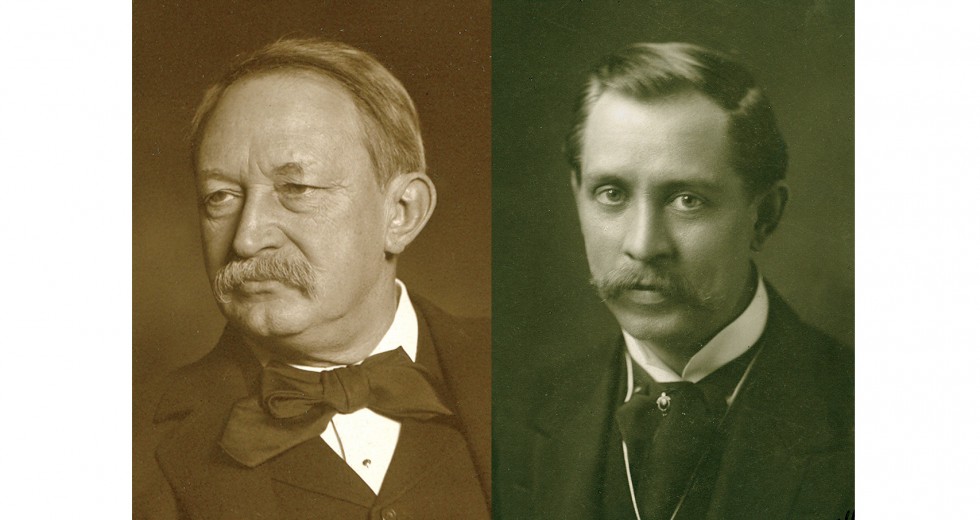
On January 4, 1905, Theodore Thomas, the Orchestra’s founder and first music director since 1891, died at his home on Bellevue Place in Chicago. He had contracted influenza during rehearsals for Orchestra Hall’s December 14, 1904, dedicatory concert but continued to work with his customary vigor, only worsening his condition. Thomas conducted his beloved orchestra for the last time on December 23 and 24, on Popular Concerts that included the first performances of his orchestration of Wagner’s “Träume” from the Wesendonck Lieder.
According to Philo Adams Otis in The Chicago Symphony Orchestra: Its Organization, Growth, and Development, 1891–1924, “Monday morning, the 26th, the man who had never missed a rehearsal or a concert through illness prepared to go to the hall; but the effort was too much. He returned to his bed, from which he was never again to rise. . . . At five o’clock on Wednesday morning, January 4, 1905, the Master of Music, says Mrs. Thomas, ‘passed quietly and painlessly into the presence of the God he had served so faithfully and well.’ ”
Frederick Stock—who, at Thomas’s invitation, had joined the Orchestra’s viola section in 1895 and later also became assistant conductor in 1899—was immediately appointed acting conductor while the Orchestral Association began a search for a permanent replacement. Under Stock’s baton, the Orchestra premiered his own symphonic poem Eines Menschenlebens Morgen, Mittag, und Abend (A person’s lifetime: morning, noon, and evening) on April 7 and 8, 1905, dedicated to Thomas and the Orchestra.
The board of trustees realized Thomas’s logical successor was already in place, and on April 11 they made it official: “Frederick Stock unanimously elected Conductor. Trustees voted that the Orchestra should now be known as ‘The Theodore Thomas Orchestra.’ ”
Stock would serve as music director for more than thirty-seven years—longer than any other—until his death in October 1942, shortly after the beginning of the Orchestra’s fifty-second season.
This article also appears here.